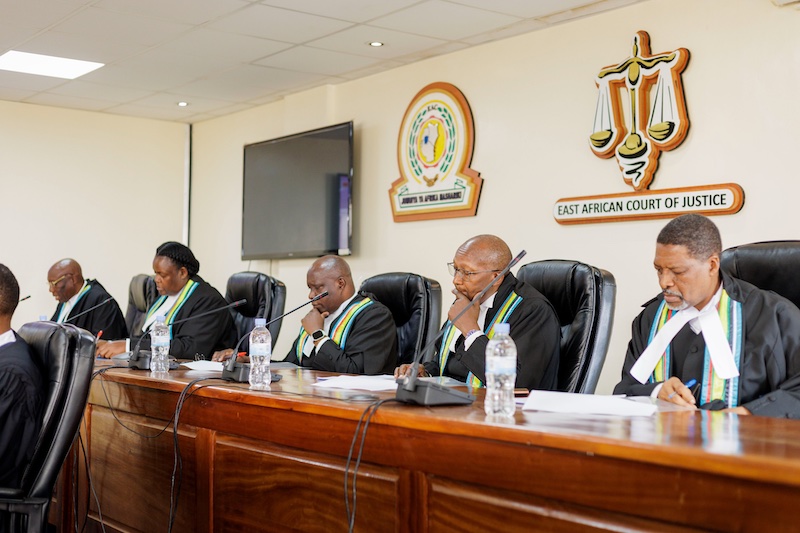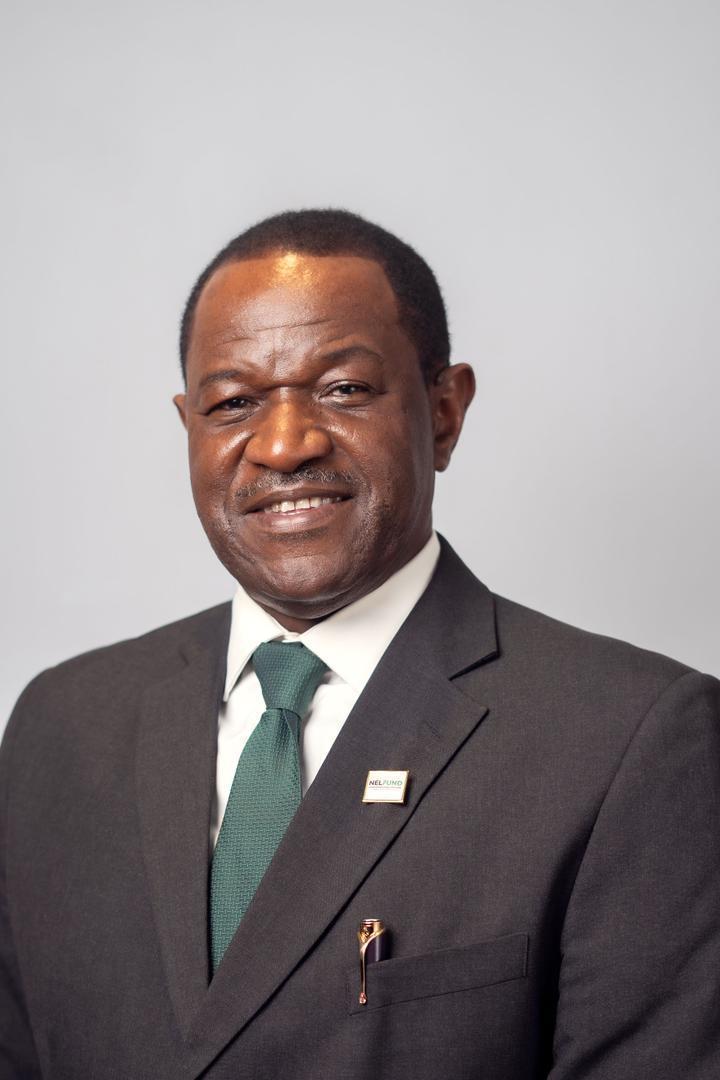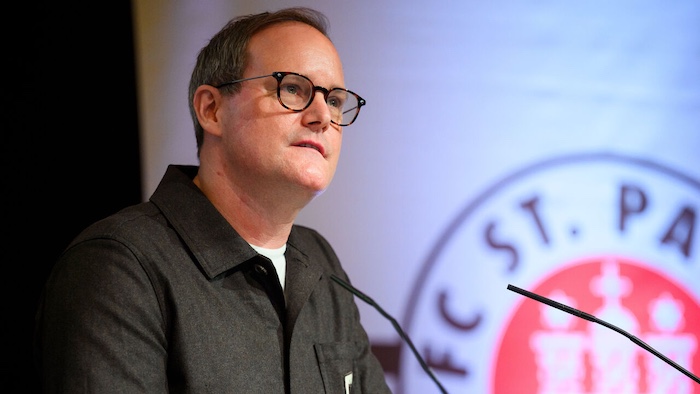
The Appellate Division of the East African Court of Justice (EACJ) has dismissed a high-profile appeal filed by civil society organisations (CSOs) that sought to challenge the human rights, environmental, and climate risks associated with the East African Crude Oil Pipeline (EACOP) project.
In a ruling delivered on Wednesday at the EACJ headquarters in Arusha, Tanzania, the Appellate Division upheld the First Instance Division’s 2023 decision, concluding that the case was filed outside the time limit set under East African Community (EAC) laws, which generally mandate cases be heard within a 60-day window.
The panel of judges, led by EACJ Appellate Division president Nestor Kayobera, alongside vice president Anita Mugeni and Kathurima M’Inot, agreed that the EACJ did not have the jurisdiction to hear the main case.
Original petition
The original suit was filed in November 2020 by four CSOs: Africa Institute for Energy Governance (AFIEGO), Centre for Food and Adequate Living Rights (CEFROHT) from Uganda, Natural Justice (NJ) from Kenya, and the Centre for Strategic Litigation (CSL) from Tanzania.
The CSOs sought a permanent injunction to halt the construction of the pipeline in protected areas in Uganda and Tanzania, compensation for all project-affected persons (PAPs) for losses incurred due to land use restrictions.
The First Instance Division dismissed the case in November 2023, prompting the CSOs to immediately file an appeal in December 2023. This appeal was subsequently heard in Arusha and Kigali, Rwanda, in November 2024 and February 2025, respectively.

Costs overturned
Crucially, while the Appellate Division upheld the dismissal, it overturned the order issued by the First Instance Division that had awarded costs to the governments of Uganda and Tanzania and the Secretary General of the EAC.
The judges directed that each party must bear its own costs, stating: “Taking into account the public interest involved in the appeal and the appellants’ public-spirited endeavor to ensure compliance with the treaty, we direct that each party shall bear their own costs in this court and in the trial.”
CSOs decry ‘disappointing decision’
The CSOs described the Wednesday ruling as a “disappointing decision,” arguing that the judges failed to consider when affected communities and CSOs actually became aware of the project’s impacts and the existence of the EACOP-related agreements, such as the Inter-Governmental Agreement (IGA) and Host Government Agreement (HGA), which were made public years after they were signed.
Dickens Kamugisha, CEO of AFIEGO, called the decision a “setback for regional justice” and protection of vulnerable communities.
“The decision has left over 331 million East Africans at the mercy of greedy corporations,” he stated, adding, “The ruling is a travesty, but we remain determined to use all available strategies to protect people and nature.”
Elizabeth Kariuki from Natural Justice emphasized the impact on the PAPs, saying, “This ruling is devastating for the very people whose lives have been upended by EACOP – the families that lost their land and livelihoods, and the communities watching their ecosystems disappear. Today, the court has closed its doors to them. But we will not give up. We will continue to fight alongside communities to ensure that their suffering is not ignored.”
MCosmas Yiga, a PAP from Uganda, expressed profound disappointment, saying, “We, the PAPs, have been oppressed, and we don’t expect any gain from the oil industry… Today is a sad day,” citing his refusal of a $2 million compensation offer for 58 mango trees.
The courtroom was packed with CSOs, PAPs, media, and a lawyer representing the Ugandan government, state attorney Ojambo Bichachi, who welcomed the decision. The CSOs noted that the Appellate Court of the EACJ is the final court and plan to consult with EACOP-affected people before announcing their next steps.



